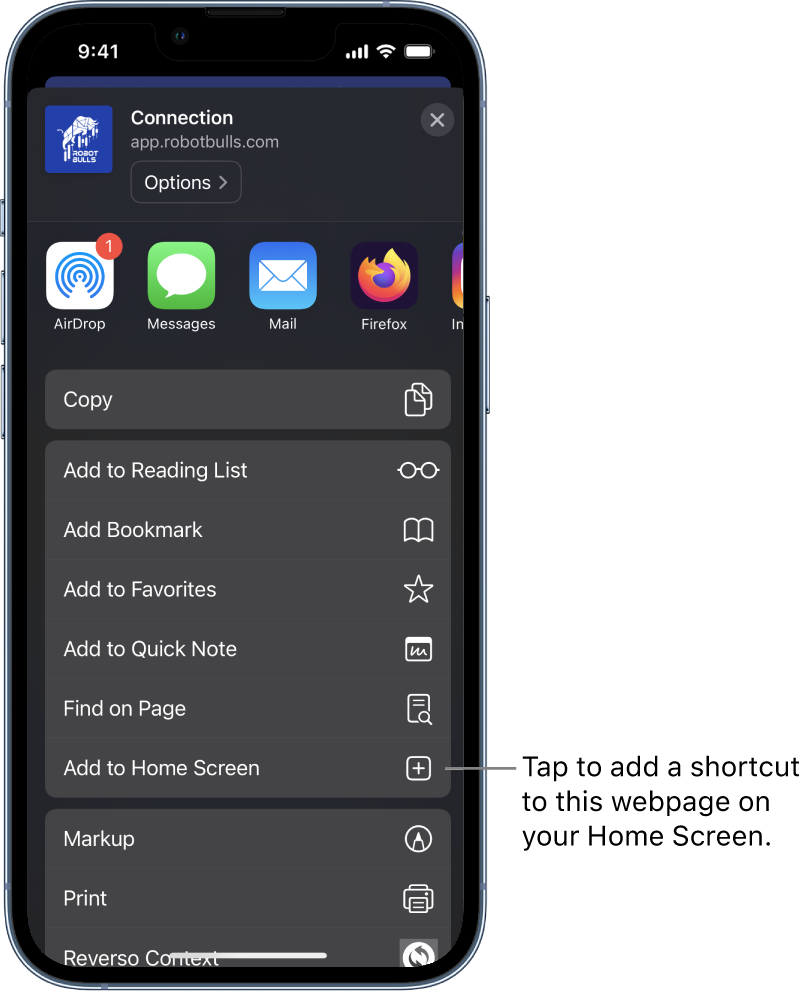Natural language processing (NLP) is an artificial intelligence field that is utilized to teach computers or machines to process natural languages in a way, which is similar to the way humans do it. Computers are programmed to process language using syntactic and semantic rules. When a machine interprets a text, it understands the grammatical structure of the text and its contextual meaning. For instance, in a conversation the search engine understands the language being spoken about hotels, flight information, restaurants etc. Such phrases are commands for retrieval of data. This type of question and answer patterns have been built into the search engines.
Use of NLP
NLP is applicable to a wide range of tasks, including those involving language translation, text mining and speech recognition. NLP enables computers and software programs to understand and benefit from human language. A computer can understand what the content of an article means and can also try to converse with a human. As this technology is still in its nascent stage, it has not been fully utilized yet. However it has a lot of scope in future and a vast potential to be used in many fields.
Challenges of NLP
Natural language processing problems often include voice comprehension, comprehension of natural language, and development of natural language. Knowing and modeling elements inside a vector context is the primary task of NLP. Words are unique in a natural language, but may have different interpretations depending on the context, resulting in lexical, syntactic, and semantic degrees of ambiguity.
History of nlp
Production of natural language had its origins in the 1950s. Already in 1950, Alan Turing published an article entitled "Computing Machinery and Intelligence" which suggested what is now known as the Turing test as an intelligence criterion, a task involving the automatic representation and generation of natural language, but not formulated at the time as a problem separate from A.I
Benifits of the language
It can be used for improving information retrieval from Internet using search engines such as Google. For example, if a user were to query the exact same information as provided above, the search engine will bring back only those web pages that best match the user’s queries. If a user types in the command – give me the weather forecast for tomorrow in New York, the machine will comprehend that the New York is the location where the query is made and provide details of weather information corresponding to that place. As of now, search engines have mapped certain words for direct retrieval of information but their performance still leaves scope for improvement.
This will completely revolutionize the way we interact with computer software programs. It will mainly improve natural language based search engines and software programs based on natural language interaction.
Representation learning and deep neural network-style machine learning approaches became popular in natural language processing in the 2010s, due in part to a flurry of research showing that in many natural language functions, for example in language modeling, parsing, and many others, such techniques would produce state-of-the-art results.
Popular NLP Tasks
1. Text and speech processing
Determine the textual expression of the speech because of a sound clip of a person or people talking. This is the opposite of text to speech and is one of the colloquially called "AI-complete" highly difficult problems. There are hardly any pauses between successive words in natural speech, and so segmentation of speech is an essential sub-task of recognition of speech.
2. Natural language understanding (NLU)
Convert bits of text into more structured representations that are easier for computer programs to manipulate, such as first-order logic systems. The interpretation of natural language requires the determination of the desired semantic from the various potential semantics that can be obtained from a natural expression of language that typically takes the form of organized natural language notations.
3. Automatic summarization
The development of fully-fledged books is not a proper NLP task, but an extension of Natural Language Generation and other NLP tasks. In 1984, a rule-based method generated the first machine-generated book. In 2018, 1 the Path, promoted as a book, involves sixty million words, the first published work by a neural network was published.
Impact of NLP on future generations:- NLP technologies have such rich applicability that they will serve as enablers for many other technologies such as computing platforms.




